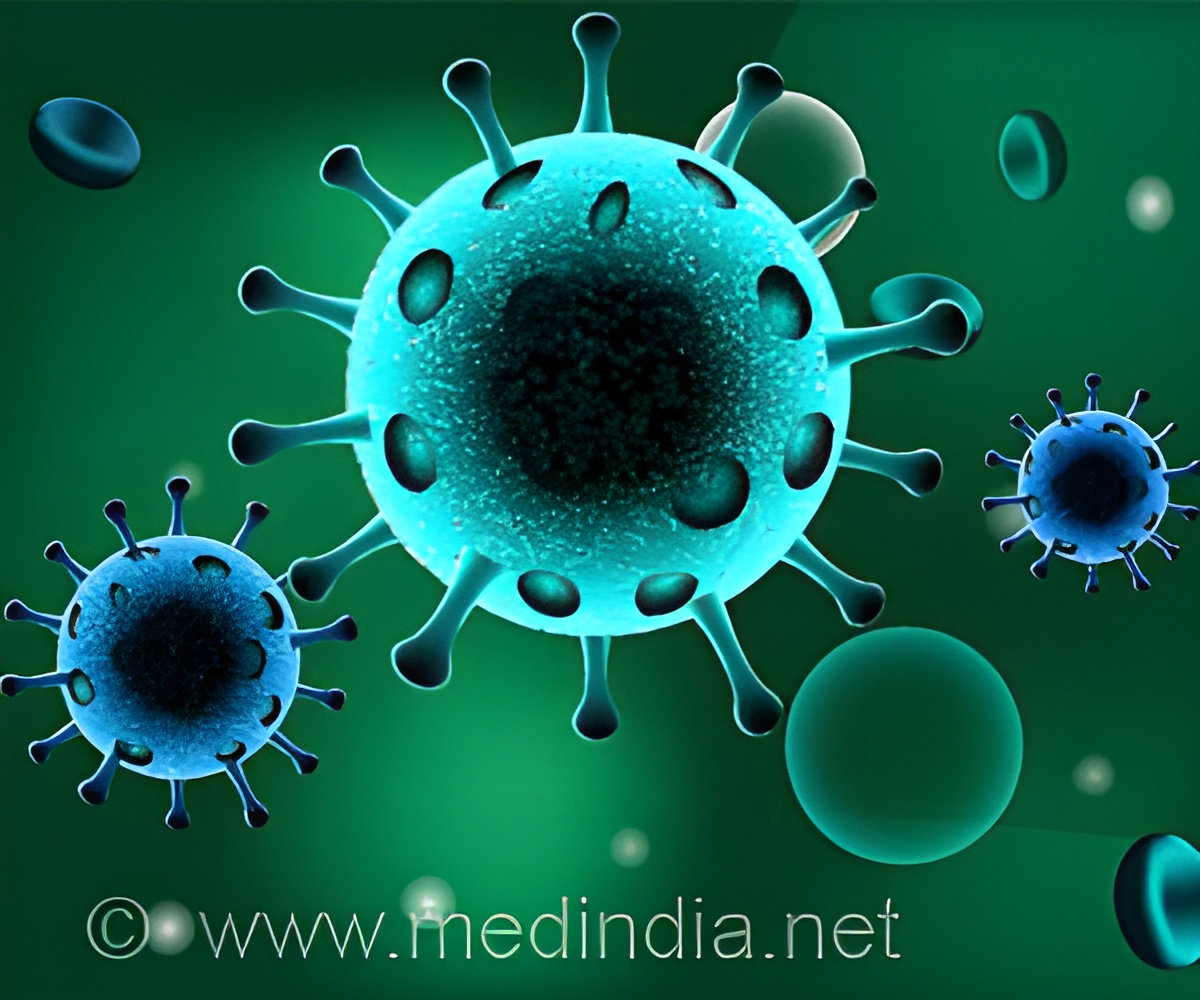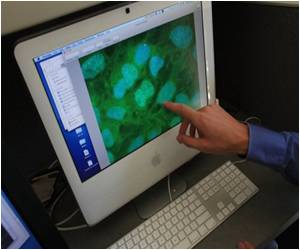Enterococcus faecalis 2001 acts as an anti-Tumor and improves immune response, which can suppress the growth of Sarcoma-180 cells completely.

‘Enterococcus faecalis 2001 can enhance antioxidative activity, improves immune response and completely suppresses the growth of Sarcoma-180 cells.’





From physiological limitation of bacterial preservation in storage and safety, the live E. faecalis 2001 has been heat-treated and the BRM components containing high level of £]-glucan, named EF-2001, were prepared. The heat-treated EF-2001 has been examined for the antioxidative potential for radical scavenging and anti-tumor activities as well as immune-enhancing response in mice.
Lymphocyte versus polymorphonuclear leukocyte ratio was increased in mice upon treatment with EF-2001. The number of lymphocytes was increased in the EF-2001-treated group.
In the mice bearing two different Ehrlich solid and Sarcoma-180 carcinomas, the treatment with EF-2001 resulted in anti-tumor action.
Tumor-suppressive capacity upon treatment with EF-2001 was significantly increased compared to normal controls.
Advertisement
Additionally, anti-tumor activity examined with the intravenous administration of EF 2001 with a 34 time intervals was also observed, as the growth of Sarcoma-180 cells was clearly inhibited by the EF-2001.
Advertisement
Source-Eurekalert










